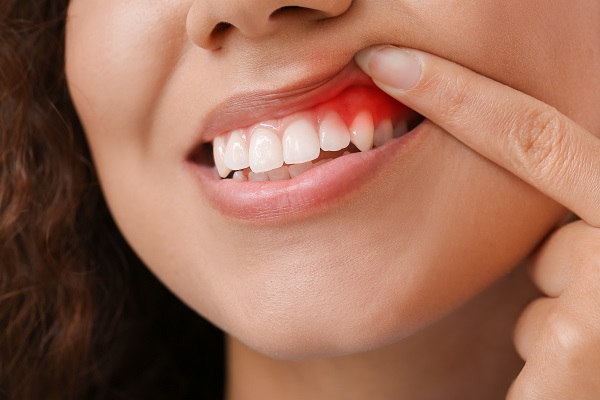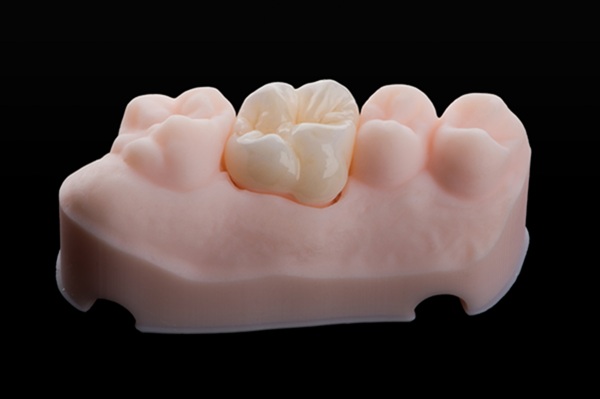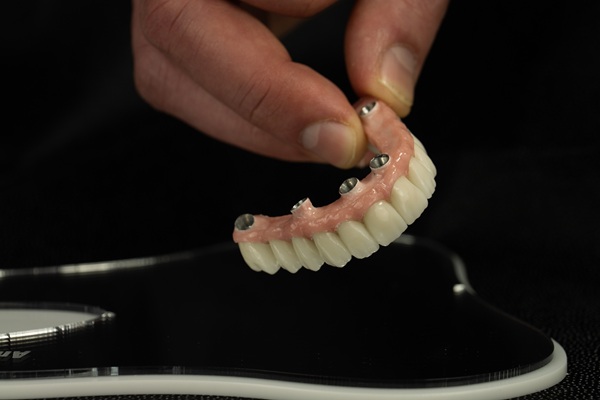Does Gum Disease Put the Entire Body at Risk?

Gum disease is a progressive condition that is caused by bacteria in the mouth getting into gum tissues. Your immune system responds to this invasion by sending off antibodies to fight off the invaders. The ensuing battle leads to inflammation and damage to the structures that support teeth.
How gum disease affects your overall health
The first stage of gum disease is called gingivitis, and it can be reversed with teeth cleanings and improved oral hygiene. The second stage is called periodontitis and it cannot be reversed. Dentists can help to manage issues caused by periodontal disease by performing appropriate treatments. The problems caused by periodontal disease are not restricted to the mouth. The bacteria that cause the condition have been linked to other issues like:
1. Heart disease
Poor oral hygiene and gum disease increase a person’s risk of developing heart disease. The bacteria that infect gum tissues and lead to inflammation can make their way into the bloodstream, leading to the buildup of plaque inside arteries. This increases the person’s risk of suffering a heart attack.
2. Dementia
Some of the chemicals that are released by gum tissues that have been invaded by bacteria can lead to the loss of brain cells and memory. Gum disease can lead to dementia when the type of bacteria that leads to gingivitis gets into the bloodstream or nerve channels.
3. Prostate issues
Men who have periodontal diseases have a higher risk of developing a condition called prostatitis. The condition can lead to difficulty ejaculating, a weak bladder and pain when urinating.
4. Respiratory issues
Bacteria in the mouth can be inhaled into the lungs, leading to respiratory issues like bronchitis, pneumonia and other respiratory infections. Getting gum disease under control can help to reduce this risk.
5. Erectile dysfunction
The bacteria that cause gum disease can lead to blood vessels becoming inflamed. This can hinder the flow of blood to the genitals, making it harder to get an erection.
Protecting yourself against gum disease
Good oral hygiene goes a long way when it comes to preventing gum disease. The condition occurs when oral bacteria in plaque or tartar make their way into gum tissues, infecting them. Plaque is a sticky film that forms on teeth surfaces after meals. It is made up of acids and bacteria, and it can be removed by brushing. However, when plaque is left on teeth surfaces for extended periods, it hardens into tartar which cannot be removed by brushing. Teeth cleaning is needed to get rid of plaque.
Dentists recommend brushing at least two times a day to prevent the build-up of plaque on teeth surfaces. Teeth should be flossed once daily, and an antibacterial mouthwash can help to kill off some of the bacteria that lead to gum disease.
Make oral health a priorty
Biannual trips to a dentist also go a long way when it comes to protecting against periodontal disease. Call or visit our Tucson clinic to set up an appointment with a dentist.
Request an appointment here: https://www.tucsonazdentistry.com or call Advanced Family Dentistry at (520) 353-3002 for an appointment in our Tucson office.
Check out what others are saying about our dental services on Yelp: Gum Disease in Tucson, AZ.
Recent Posts
Many individuals are familiar with gum disease. What may be unknown, however, is the relationship of diabetes to problems with the gums. Diabetes is the result of multiple diseases within the body that accumulate from too much sugar in the bloodstream. Sugar often becomes the culprit that is responsible for an individual's gum disease. Continue…
There are different stages of gum disease, with each stage being based on the severity of the infection. Because there are different stages of gum disease, it can be difficult to differentiate between each one. When trying to determine what stage the infection is at, it is best to begin with a visit with a…
Many are familiar with ceramic and metal crowns but may be less familiar with the unique advantages of zirconia crowns for repairing damaged teeth. This review highlights and answers frequently asked questions about zirconia crowns to help you decide if they may be the right type of dental restoration for you.Common questions that patients have…
For patients missing multiple teeth, All-on-4® dentures are an excellent restorative option. These implant-supported dentures can transform a patient's smile. Many patients prefer this type of denture, as it is more secure and natural-looking than a regular denture.Before committing to this procedure, patients need to understand the process. The dentist should explain the benefits of…


